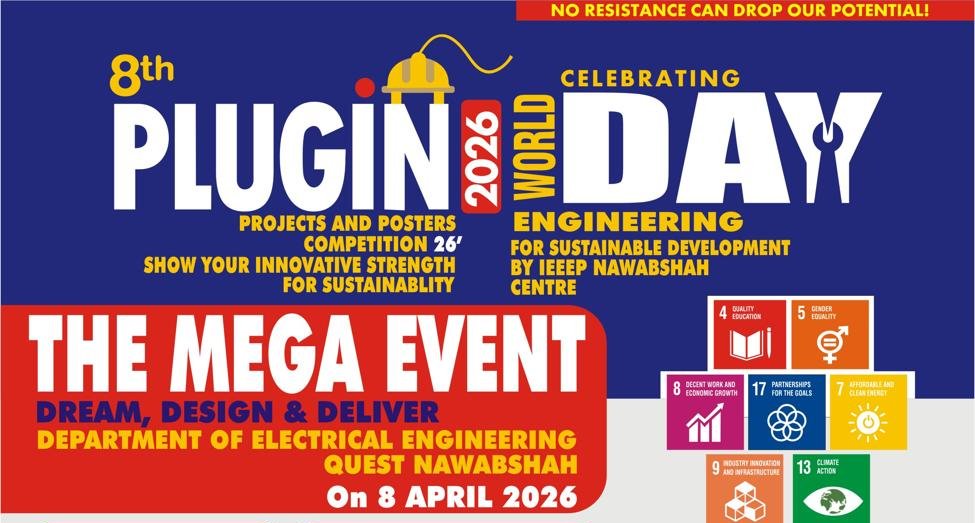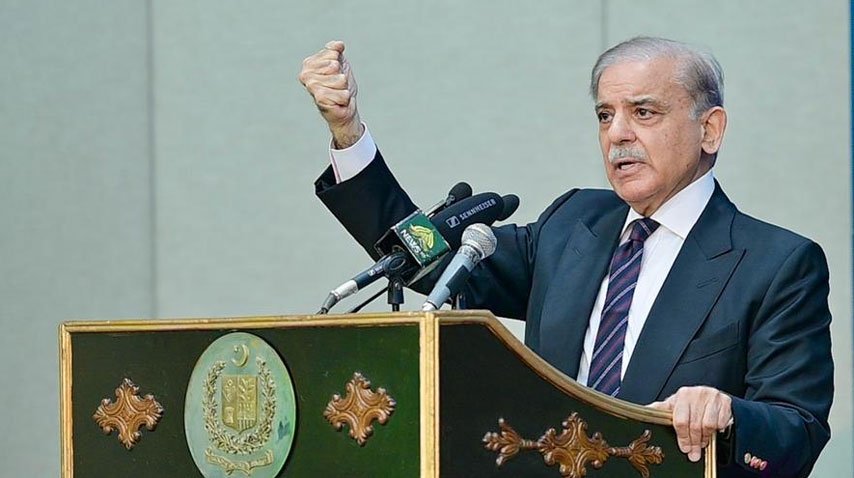IEEEP Nawabshah, QUEST to Host 8th PLUGIN Projects & Posters Competition on World Engineering Day 2026
PAKISTAN – Academia The IEEEP Nawabshah Centre, in collaboration with the Department of Electrical Engineering, Quaid-e-Awam University of Engineering, Science […]





